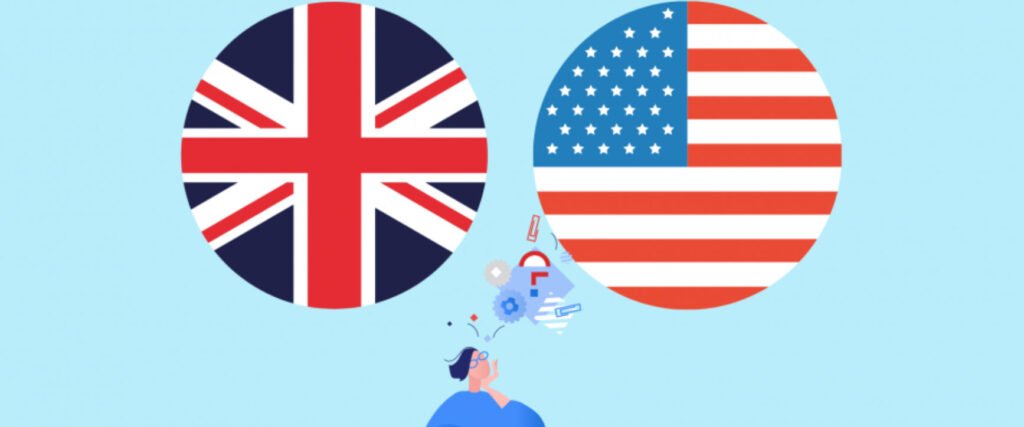The English language is a global phenomenon, spoken in numerous countries across the world. However, when we delve deeper into English, we find that there are variations and nuances that make it distinct in different parts of the world. Two of the most well-known variations are British English and American English. While they share a common linguistic root, they have developed some notable differences over the years. One way to explore these differences is by examining popular words and phrases that are unique to each dialect.
Let’s take a closer look at some of these terms:
1. Lorry vs. Truck: In the UK, you’ll often hear people referring to a large vehicle used for transporting goods as a “lorry.” In contrast, Americans commonly use the term “truck” to describe the same vehicle.
2. Lift vs. Elevator: When you need to go up or down a building, you’ll ask for a “lift” in the UK, while in the United States, it’s more common to request an “elevator.”
3. Lolly vs. Lollipop: In Britain, a sweet treat on a stick is affectionately called a “lolly,” while in America, it’s known as a “lollipop.”
4. Ladybird vs. Ladybug: The small, spotted insect that’s often associated with good luck is known as a “ladybird” in British English and a “ladybug” in American English.
5. Dustbin vs. Garbage Can: The container for household waste differs in name between the two dialects. British English uses “dustbin,” while American English prefers “garbage can.”
6. Market Garden vs. Truck Farm: In the UK, a farm that primarily grows vegetables for market is called a “market garden.” In the US, it’s referred to as a “truck farm.”
7. Drinks Party vs. Cocktail Party: When Brits host a social gathering with alcoholic beverages, it’s commonly known as a “drinks party.” In America, the equivalent is often called a “cocktail party.”
8. Drink-Driving vs. Drunk Driving: Both terms refer to the act of operating a vehicle under the influence of alcohol. However, the UK uses “drink-driving,” while the US uses “drunk driving.”
9. Crisps vs. Chips: This is a classic example of language divergence. In the UK, thin slices of fried potatoes are called “crisps,” while Americans know them as “chips.” Additionally, what Americans call “chips,” the British refer to as “French fries.”
10. Crocodile Clip vs. Alligator Clip: In the world of electronics, the clip used for making temporary electrical connections is called a “crocodile clip” in British English and an “alligator clip” in American English.
11. Driving Licence vs. Driver’s License: Both sides of the Atlantic require a permit to operate a motor vehicle. In the UK, it’s known as a “driving licence,” while in the US, it’s a “driver’s license.”
12. Faith School vs. Parochial School: In the UK, a school that is associated with a particular religious faith is called a “faith school.” In the US, a similar institution is known as a “parochial school.”
13. Drinks Cupboard vs. Liquor Cabinet: Where you keep your alcoholic beverages can differ in terminology. Brits often have a “drinks cupboard,” while Americans may have a “liquor cabinet.”
14. Dressing Gown vs. Robe/Bathrobe: When getting out of the bath or lounging around the house, Brits often wear a “dressing gown.” In the US, it’s commonly referred to as a “robe” or “bathrobe.”
15. Current Account vs. Checking Account: When managing your finances, the primary account for everyday transactions is known as a “current account” in British English and a “checking account” in American English.
These differences in vocabulary between British and American English showcase the rich diversity within the English language. While they may cause occasional confusion or amusement, they are a testament to the dynamic nature of language, constantly evolving and adapting to different cultures and regions.
Whether you’re speaking British English or American English, both dialects are part of the global tapestry of English, connecting people from all walks of life across the world.



